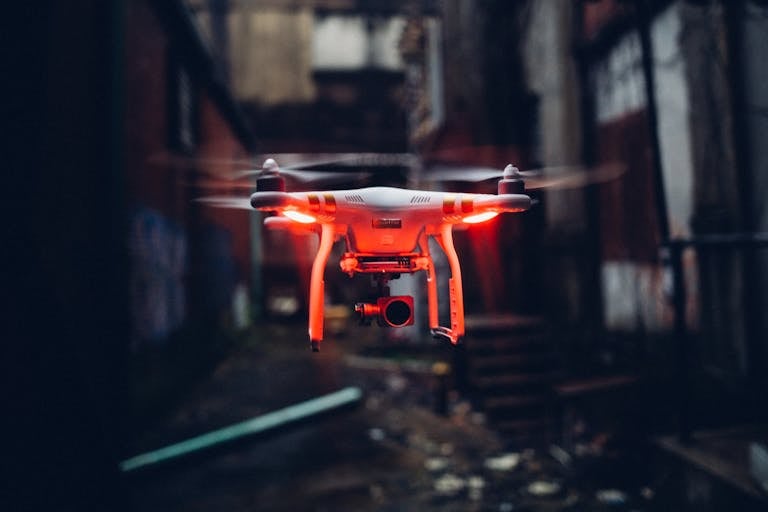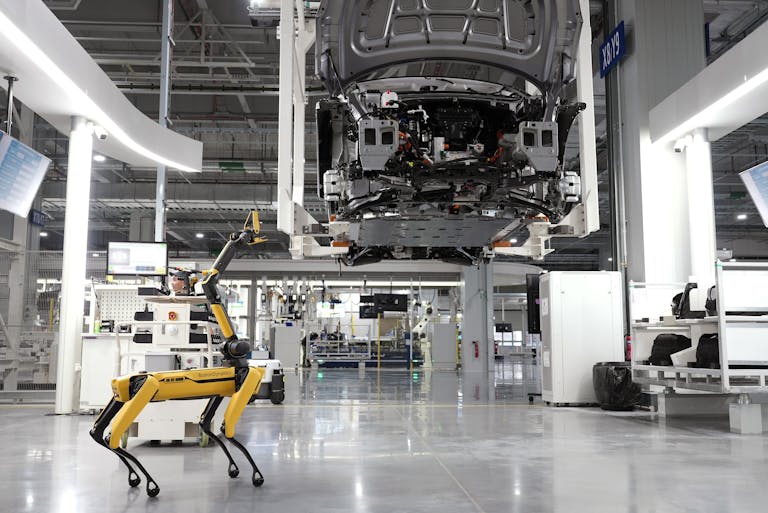Why AI Will Soon Replace All Knowledge Workers
Introduction
For most of modern history, knowledge work represented the peak of human labor. Jobs that involve writing, designing, programming, analyzing, and solving problems were considered some of the most valuable and secure positions in the economy. They required education, skill, creativity, and years of experience to master.
Today, that foundation is under serious threat.
What Is Knowledge Work?
Knowledge work, in simple terms, is any job where the primary value comes from using one’s mind and expertise to create results. It involves thinking, problem-solving, creativity, and specialized judgment, rather than manual labor.
Professions like software development, marketing, legal research, writing, graphic design, financial analysis, customer support, and education have traditionally been grouped under the umbrella of knowledge work. These roles thrived because companies needed the rare combination of expertise, intuition, and decision-making that only trained professionals could provide.
That scarcity made knowledge workers indispensable. But the world has changed.
Why AI Will Change Everything
Unlike traditional automation that replaced human physical labor with mechanical force, artificial intelligence is now replacing human thinking itself. Specialized AI models are being built for nearly every form of knowledge work that was once thought to require human intelligence.
Today’s state of the art AI models can already:
- Generate articles, marketing copy, reports, and legal documents in seconds
- Build full websites, applications, and basic video games
- Design logos, social media ads, artwork and more
- Analyze markets, detect fraud, and recommend investment strategies
- Handle customer service, receptionist tasks, transcription, and multilingual communication
Technology companies like OpenAI, Google, Anthropic, Meta, and Nvdia are investing hundreds of billions of dollars into improving these models at an unprecedented rate.
Even at their current levels they are capable of replacing millions of workers, however they will only continue to improve every single month.
The Replacement of White Collar Workers
Currently, these technologies appear to many as merely a means of assisting human workers. Others, less optimistic, still think that the best workers in each field will be immune from automation and be required to direct these systems.
Make no mistake: the eventual goal of all of these AI models is to become powerful, affordable and efficient enough in order to eliminate humans from the labor process entirely.
Current AI agents are already capable of operating autonomously, for example chatbots and voice agents interact directly with customers, large language models write articles on autopilot, and self-driving vehicles navigate cities all without human intervention.
Very soon, the “human in the loop” will be eliminated completely in every industry. What began as assistance will quickly end with full replacement.
The Scale of The Impact
There are over 100 million knowledge workers in the United States alone, and more than 1 billion globally. As automation accelerates, these workers will find themselves unemployed and forced to compete for a rapidly shrinking pool of remaining hands-on jobs.
Even fields that combine physical and intellectual work like creative industries, engineering, quality control, and security monitoring are directly in the crosshairs of this technological revolution. Any task requiring human intellect rather than purely physical capability will be automated within the next few years.
Impact on Companies and Markets
The automation of intellectual labor will dramatically increase the supply of products such as software, educational materials, artwork, music, videos, and written content. The cost of producing these products will fall to near zero.
As AI systems begin producing these outputs at scale, prices will naturally collapse, and competition will surge with new market entrants. Companies built on human intellectual labor will struggle to survive, and many will eventually collapse.
This will also impact service industries too. Accounting, legal services, consulting, customer support, marketing strategy, education, financial analysis, graphic design, and software engineering will all become increasingly automated.
Eventually, the complete automation of intellectual work will eliminate the need for many traditional firms. For example, companies will use their own AI accountants instead of hiring accounting firms, rendering those firms obsolete. The same fate will apply across a wide range of service industries.
The Digital Bubble
At the time of writing, the total market capitalization of the global technology sector stands at over 30 Trillion US dollars. This figure includes some of the largest and most recognizable companies in the world, many of which derive a significant portion of their value not from tangible assets, but from intellectual property and proprietary technology built by human knowledge workers.
Predominantly software companies like Adobe, IBM, Salesforce, ServiceNow, Oracle, SAP, are at a particularly high risk, as they have business models that depend entirely on maintaining an advantage through specialized software that cannot easily be replicated.
With the rise of artificial intelligence, the scarcity that once made this intellectual property valuable is rapidly disappearing. As large language models become increasingly capable of writing effective code and creating new software on autopilot, the earning potential of these companies will disintegrate.
Importantly, this risk extends far beyond the technology sector. Industries like financial services, education, consulting, engineering, and professional services also depend heavily on human expertise and complex organizational systems.
As AI automates these fields, the assumptions underpinning trillions of dollars in market capitalization across the global economy will collapse in a matter of months. This reality represents the greatest economic bubble or “Digital Bubble” ever seen throughout the history of the stock market. When it finally crashes the effects will be devastating.
Conclusion
The automation of knowledge work is happening now and accelerating much faster than most people realize. For generations, intelligence and creativity were humanity’s strongest economic assets. Now, machines are beginning to match and exceed those capabilities across nearly every field.
Human intellectual labor, once one of the most valuable commodities in the economy, will soon become completely worthless, and the effects will ripple around the world, devastating entire industries and automating away people’s entire careers that they dedicated years to building.



